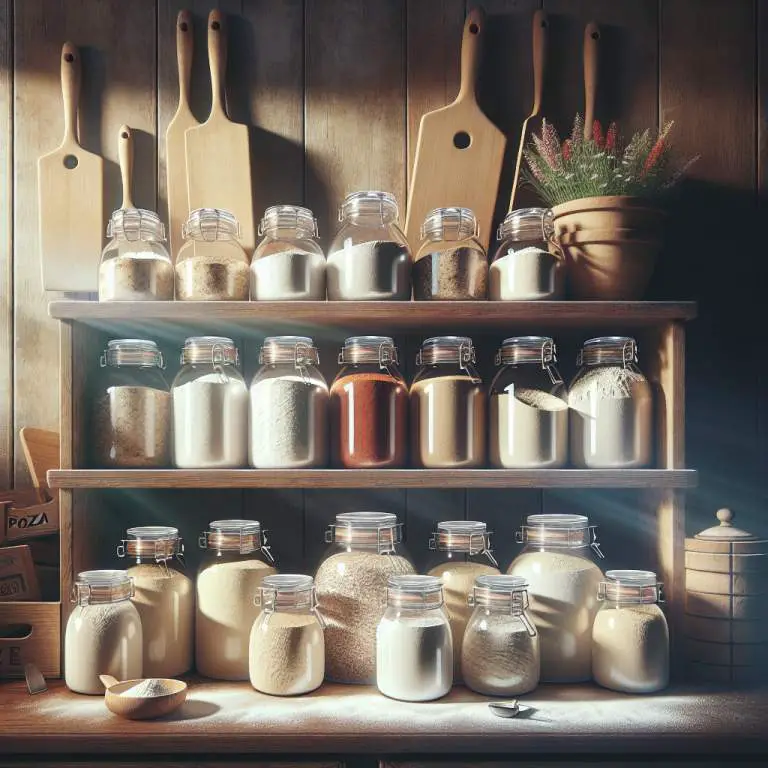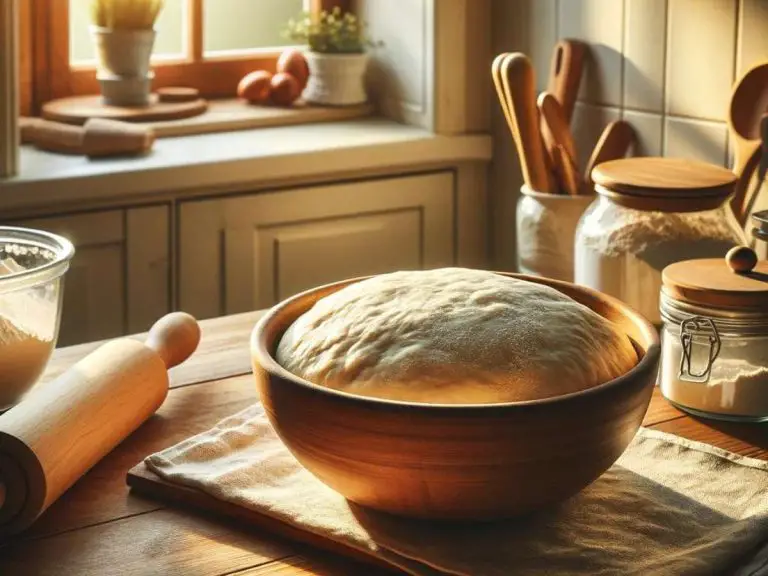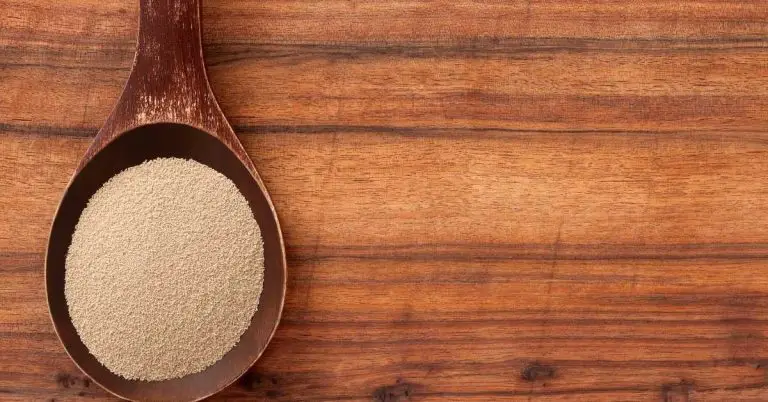Why Should You Use Poolish in Your Pizza Dough?
Using poolish in pizza dough brings several benefits, such as enhancing flavor, texture, and dough handling. Poolish, a wet sponge made with a minimal amount of yeast, allows for a longer fermentation process. This slow fermentation not only improves the dough’s taste by developing more complex flavors but also contributes to a lighter, airier crust. Choosing poolish as a base for pizza dough can significantly elevate the quality of your homemade pizza.
Have you ever wondered why some pizza dough tastes so much better than others? Well, one of the secrets behind that delicious, airy, and flavorful crust could be something called poolish. Let’s dive into what poolish is, its history, and how it can make pizza dough so much better.

Understanding Poolish
Poolish is a type of pre-fermentation used in baking that’s quite simple but magical. It’s a wet mixture of flour, water, and a tiny bit of yeast. This mixture sits and ferments for several hours or even a day before it’s added to the rest of the dough ingredients. The name “poolish” sounds fancy, but it’s just a baking term that comes from Polish bakers who introduced this technique to France a long time ago. They knew this secret made breads and pizzas taste amazing.
The basic composition of poolish is pretty straightforward. It’s usually made with equal parts water and flour by weight, and then just a pinch of yeast is added. The mixture is then left to do its magic, developing flavors and textures that you can’t get from dough made right away. Preparing poolish is easy, but it adds a step that requires some planning ahead.
Improving Dough Texture with Poolish
One of the biggest benefits of using poolish in pizza dough is how it changes the dough’s texture. The long fermentation time helps develop gluten, which is the protein that makes dough stretchy. This means that dough made with poolish is both elastic and extensible, making it easier to shape into that perfect pizza base without tearing.
When you compare dough made with poolish to dough made without it, the difference is clear. Dough without poolish might be tougher and less flexible, making it harder to work with and resulting in a denser pizza crust. Poolish helps create a light, airy texture that’s just right for pizza.
Enhancing Flavor Profiles
Poolish doesn’t just improve the texture of pizza dough; it also works wonders on the flavor. The slow fermentation process allows for the development of complex flavors that you just can’t rush. This means that dough made with poolish has a deeper, more interesting taste compared to quick-made doughs.
Additionally, poolish influences the color and aroma of the pizza crust. The sugars in the flour caramelize better, leading to a beautiful golden-brown crust that smells as good as it tastes. This is why pizzas made with poolish often stand out in both flavor and appearance.
| Aspect | Advantages of Poolish |
|---|---|
| Texture | Creates a more open crumb structure, leading to lighter and airier bread. |
| Flavor | Enhances the complexity of flavors due to longer fermentation, resulting in a more nuanced taste. |
| Dough Handling | Improves dough extensibility, making it easier to shape without tearing. |
Easing Dough Handling and Processing
Using poolish in pizza dough makes the dough easier to handle. It helps with the dough’s hydration, making it less sticky. This is great for bakers because it means the dough can be shaped more easily. Whether you’re stretching the dough by hand or rolling it out, poolish makes the process smoother. It also improves the dough’s strength, which is important for getting that perfect pizza shape.
Optimizing Fermentation Times
Poolish is a pre-fermentation technique that can change how long you need to ferment your pizza dough. By using poolish, you can adjust the fermentation times to suit different types of pizza. This is useful because it lets you control the flavor and structure of the dough. Whether you want a light and airy crust or something more dense, poolish can help you get there.
Practical Tips for Using Poolish in Pizza Dough
If you want to try using poolish in your pizza dough, there are a few things to keep in mind. First, you’ll need to figure out how to add poolish to your recipe. This might mean changing how much water you use, since poolish adds moisture. You also need to think about temperature and timing. Getting these right can make a big difference in how your pizza turns out.
Final Thoughts
Using poolish in pizza dough has many benefits. It can make the dough easier to handle and shape. It also lets you play around with fermentation times to create different textures and flavors. If you’re baking pizza at home or in a professional setting, trying poolish can be a game-changer. It might take some experimenting to get it just right, but the results can be worth it. Poolish can really improve the quality of your pizza dough.






